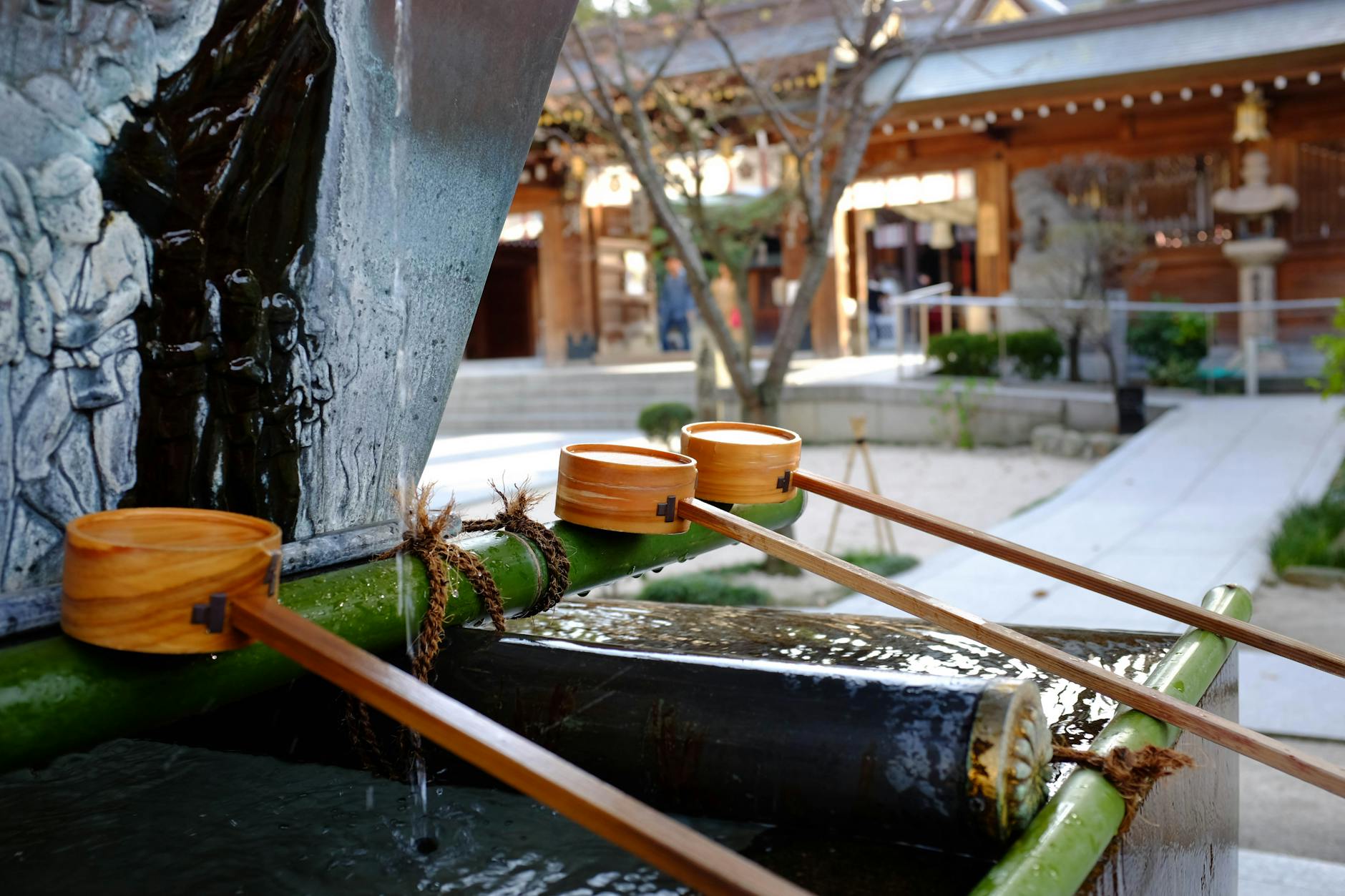Japan’s culture is rich with beautiful traditions, among which the relationship between sake brewers and shrines stands out as particularly deep. This relationship transcends mere business, incorporating significant religious overtones. This article focuses on the traditional bonds between Japanese sake brewers and shrines, exploring their historical background and their impact on modern times.
Historical Ties Between Sake Brewers and Shrines
In Japan, sake has always played a crucial role as an offering to the gods. Particularly, sake is indispensable in Shinto rituals and festivals, often used in sacred settings such as shrines. For this reason, many sake brewers choose to operate near shrines, not only for physical proximity but also to strengthen their spiritual connections.
Collaboration with Shrine Priests in Brewing
At the start of each brewing season, many breweries conduct prayers and rituals led by shrine priests, seeking safety and success for the year’s brewing. This is not merely a formal event; it is a critical process that affects the quality of the product. It represents a sacred ceremony conducted jointly by the sake brewers and the shrine, emphasizing their mutual dependence.
Contributing to Local Communities and Cultural Preservation
Supporting local shrines is significant for sake brewers. Through donations of money and sake, they enrich the shrine festivals and ceremonies, playing a key role in local cultural activities. Moreover, their contributions to the maintenance and construction of shrine facilities help preserve and pass down regional traditions and culture to future generations.
This relationship between sake brewers and shrines provides a fascinating glimpse into how deeply rooted activities can benefit society as a whole. It serves as a valuable example of how traditional bonds are maintained and continue to flourish, enriching the community and Japanese culture. The hope is that such traditional ties will continue to be preserved and blossom further in the future.
references
The connection between Japanese sake brewers and shrines, as outlined in the blog post, is well supported by historical and cultural facts. Sake has been integrally linked to Shinto rituals and ceremonies, used as offerings to the gods at shrines, which underscores the spiritual and cultural significance of sake in Japanese society(SAKE SCRIPTION) (Sake School of America) (Green Shinto).
Breweries often support shrines through donations of sake, which are used in various rituals and festivals. This symbiotic relationship emphasizes the deep cultural interplay between the production of sake and religious practices in Japan. It’s not just about financial support; the sake itself is considered a sacred element in Shinto ceremonies, further highlighting the profound connection between these two aspects of Japanese culture(SAKE SCRIPTION) (Green Shinto).
Additionally, it is common for sake brewers to engage in rites and prayers at shrines to ensure the success and safety of their brewing seasons. This practice is part of a broader cultural appreciation of sake, where it is revered not just as a beverage but as a vital component of Japan’s spiritual and ceremonial life(SAKE SCRIPTION) (Sake School of America) (Green Shinto).
